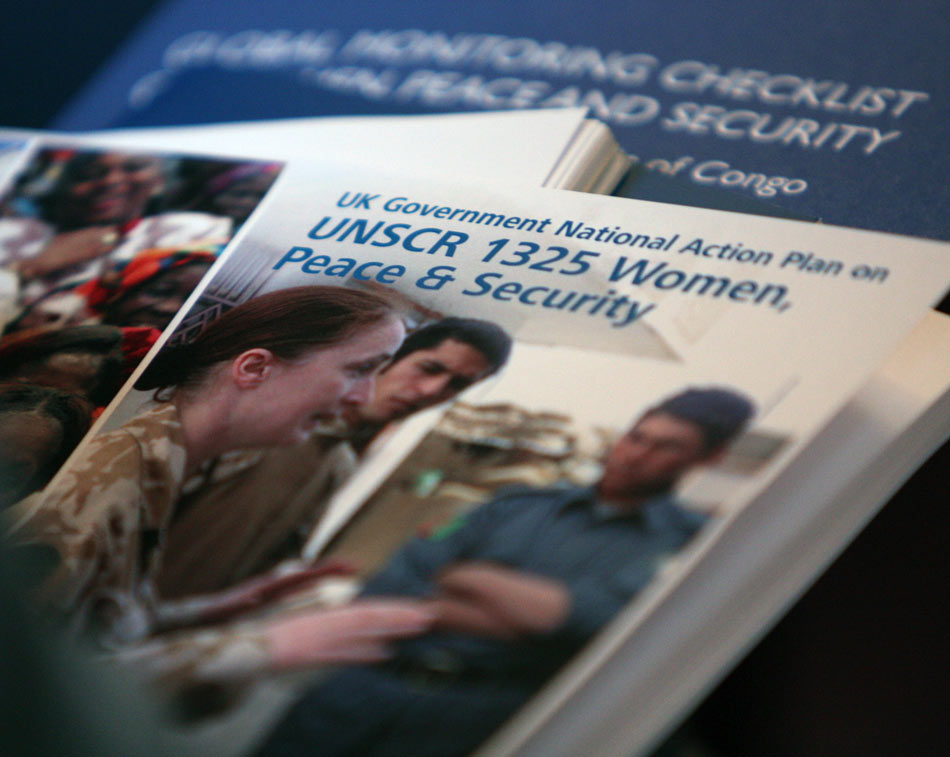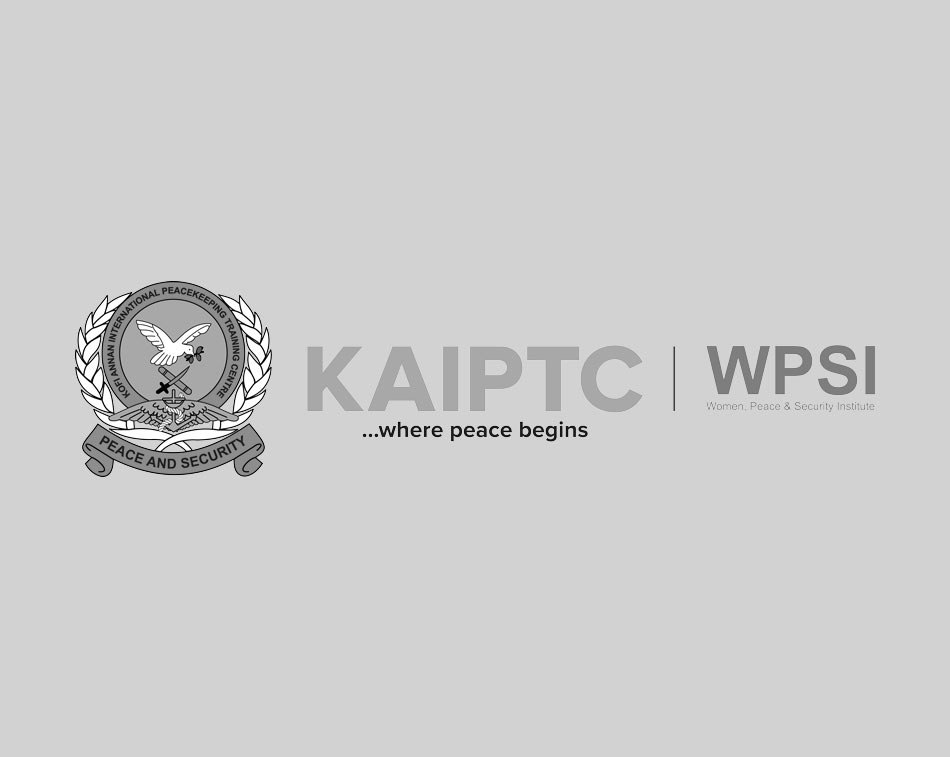On 31st October 2000, the United Nations Security Council Resolution adopted its first Resolution on Women, Peace and Security UNSCR 1325. This was a landmark event in the organization’s history as it recognized the gender disparity in the participation and leadership in addressing issues related to peace and security. The Resolution highlighted that women played a minor role in peace processes, especially at the decision-making levels, even though women and girls suffered the most in conflict and post conflict situations. The Resolution therefore called for special attention to be given to peculiar needs and concerns of women and girls in those situations.
Beside the Resolution 1325, there were a number of Resolutions adopted to support and to fast track the full implementation of the UNSCR 1325. However, after almost a decade of the adoption of UNSCR 1325, analysis of its implementation showed that the Resolution fell short to achieve its targeted objectives. In view of this, an institutional approach was initiated to help speed up the implementation of the UNSCR 1325. Thus, Women, Peace and Security Institute (WPSI) was established at the Kofi Annan International Peacekeeping Training Centre (KAIPTC).

WPSI PHASE I, PHASE II AND PHASE III
A two-year pilot Start-Up (Phase I) was primary dedicated to lay a solid foundation for the full-scale operationalization of the Women Peace and Security Institute. Phase I was actually funded by the United Nations Development Programme (UNDP), United Nations Entity for Gender Equality and the Empowerment of Women (UNWomen), United Nations Population Fund (UNFPA) and the Governments of the Netherlands and Norway, with KAIPTC as the implementing partner,
Phase II carried out a number of very essential activities to enhance women’s participation in peace processes with increased involvement of women in security sector operations in Africa and also strengthened women’s voice and leadership roles in combating gender-based violence.
Phase III will develop strategic approaches to build on the success and the lessons learnt from the previous phases.

THE MANDATE OF PHASE III
More specifically, the mandate of this phase is to focus on research in Women Peace and Security in the African context in emerging security issues in key areas such as Violent Extremism, Counter Terrorism, Migrations and other related areas of interest very significant to addressing the broader peace and security issues in Africa.
Not only that, Phase III will continue to focus on the expansion of technical capacity, training and policy research and analysis on Women, Peace and Security; to develop relationships at the strategic and operational level with ECOWAS Gender Division in research, technical capacity and training; and to seek partnership with the African Union Peace and Security Division and the Gender Directorate on issues of Policy, Training and Research.
In addition, this Phase will organize fund raising from earmarked partners for its activities and will seek sponsorship for deprived women in Africa to undertake a Master of Arts course in Gender, Peace and Security at KAIPTC.
